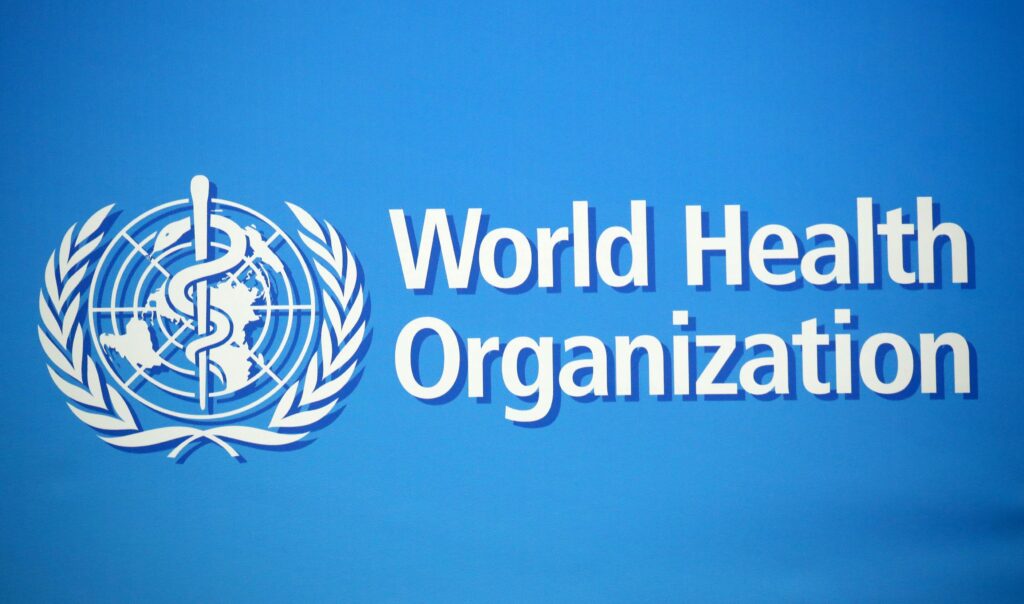
Vaccines are supported by decades of medical research. They work by preparing the body’s own immune system to recognise and defend against a specific disease. The volume of information available about vaccination can be overwhelming, so it’s important to talk through the topic.
It’s normal to have questions about vaccines and want to make the right decision for you and your loved ones. If someone you know – a friend, family member or colleague – asks questions or expresses concern about vaccines, listen to them, acknowledge their feelings and offer correct information if you can. Be ready to suggest reputable sources of information if they want to learn more.
This article is focused on discussing COVID-19 vaccines but its core lessons are relevant to other vaccines.
How to have conversations about vaccination
1. Listen with empathy and ask open-ended questions
Start by listening with empathy to those who have questions around vaccination. Don’t dismiss them, and acknowledge how they’re feeling (without necessarily agreeing, for example “it’s okay to have questions, or want more information before getting a vaccine”).
Ask open-ended questions, such as “What have you heard about the COVID vaccines?” or “Why do you feel that way?”. These questions elicit a response other than “yes” or “no” and can help you better understand their concerns, and might also assist the other person in working through their thoughts.
2. Share trusted information
When you don’t know the answer or if you’re unsure about how to address their concern, offer to help look for information. Asking for their permission might make them more willing to listen to you rather than feeling like you’re pushing unwanted information on them.
You can visit the WHO website to find answers to common questions on vaccination, COVID-19 vaccines and COVID-19 vaccine safety. You can also check your local health department website or consult with other trusted and expert sources such as your doctor or nurse.
3. Explore reasons for wanting to get vaccinated
When discussing vaccination, nothing works as well as getting personal. Share your own reasons for wanting to get vaccinated and, if you’re in a position to, your experience of vaccination.
Talk to them about how getting vaccinated against COVID-19 could offer a path back to normalcy. Explain the benefits of vaccination, whether it’s being able to visit family and friends again, return to the office, get children back to school, spend time with classmates or other interactions and activities that have been strained because of COVID-19.
If you previously had concerns that you worked through, and ended up getting vaccinated against COVID-19, share what helped reassure you.
Describe how vaccination will help protect you, your family and your community and bring back the activities and pleasures of life that we’ve gone without.
How organizations and vaccinators can help boost vaccine confidence
A range of organizations within and beyond the health sector can play a vital role in sharing accurate information about vaccination and its benefits. Almost everyone can play their part by knowing the basics of vaccination and the reliable sources for more details, as well as by openly expressing their enthusiasm for getting vaccinated.
1. Lead by example
Organizations and employers can boost confidence by openly sharing their support for vaccination, or personal experience of getting vaccinated. This helps to promote vaccination acceptance as a social norm in the workplace.
2. Build trust
If you’re helping to give vaccines, be supportive of anyone coming in for vaccination who has questions or asks for your advice. Listen to any concerns and communicate in a way that is respectful and builds trust.
Vaccines are safe, effective and an important part of the COVID-19 response – but stopping the spread of disease remains key. Remind people that they should keep taking other precautions, such as physical distancing, wearing a mask, keeping rooms well ventilated, avoiding crowds, cleaning hands, and coughing into a bent elbow or tissue.
3. Break down barriers
Getting vaccinated often depends on whether or not it’s convenient to do so. To help make vaccination as easy as possible, employers can pay for childcare or the travel costs of getting to vaccination facilities, or offer paid time off for their employees to get vaccinated. It’s important to give employees the time and flexibility they need to attend vaccination appointments, and even recover from vaccination.
Meanwhile, local civil society organizations and community groups can help people to make vaccination appointments, organize transport or offer any other assistance that might help make it easy for someone to get vaccinated.
Conversations go a long way in sustaining vaccine confidence
One of the best ways to address people’s concerns about getting vaccinated is to refer them to someone they trust. Remember that these concerns can be emotional for people and touch on issues outside of science, such as their personal experiences and their perceptions of poor or unfair treatment in the past. Don’t overwhelm people with facts and information. Instead, acknowledge their perspectives or experiences and speak to their motivations, not what you think they need to hear.
Vaccination will help keep you, your family and your community safe from COVID-19, and will bring us all closer to doing the things we love with the people we care about.
By having thoughtful and kind conversations with people about vaccines and vaccination, you’re making a significant contribution to public health – thank you!